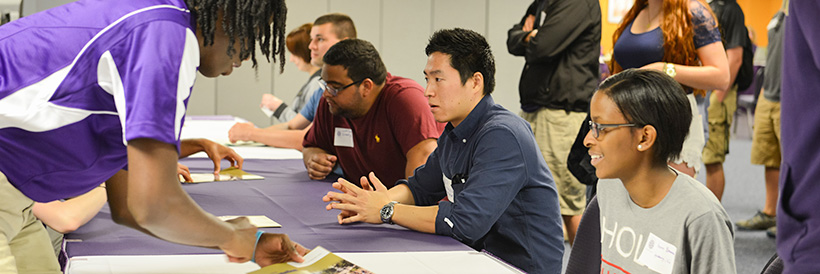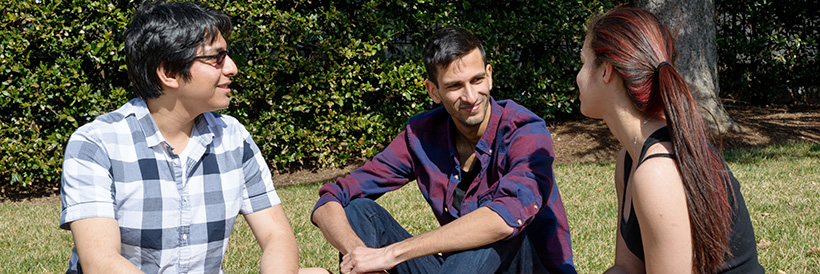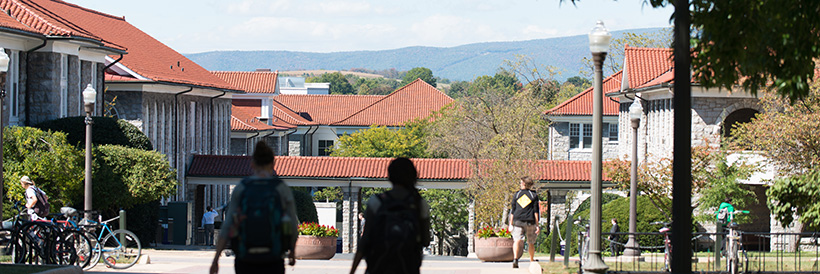
In 2024, the President’s Council on Health and Well-being provided campus with a model and definition for well-being. This new model provided Student Affairs an opportunity to help streamline the universities’ approach to the health and well-being by aligning our strategic planning and co-curricular learning aims with the new model.
The following document uses JMU’s Well-Being Model as a basis for both the Student Affairs Strategic Plan and the Student Affairs curricular approach to learning. The goal of this alignment is to provide clarity for planning within units, reduce complexity, and to set Student Affairs up to best serve our students and staff. Components of the plan include:
Focus Areas
Focus areas mimic the well-being model and include definitions of each as provided by the President’s Council on Health and Well-being. Each focus area stated at the top of a page serves as a high-level theme for strategic planning and a high-level learning goal for the curriculum.
Strategic Objectives
Strategic objectives are the divisions current goals for the next three to five years.
Key Performance Indicators (KPIs)
KPIs include a variety of measures we will use to evaluate progress toward achieving our strategic objectives.
Learning Outcomes
Learning outcomes describe the actions students will need to engage in to achieve the understanding described in each focus area. Departments will align their learning strategies (any tool, experience, or partnership that departments use to facilitate learning) toward the achievement of these learning outcomes.







